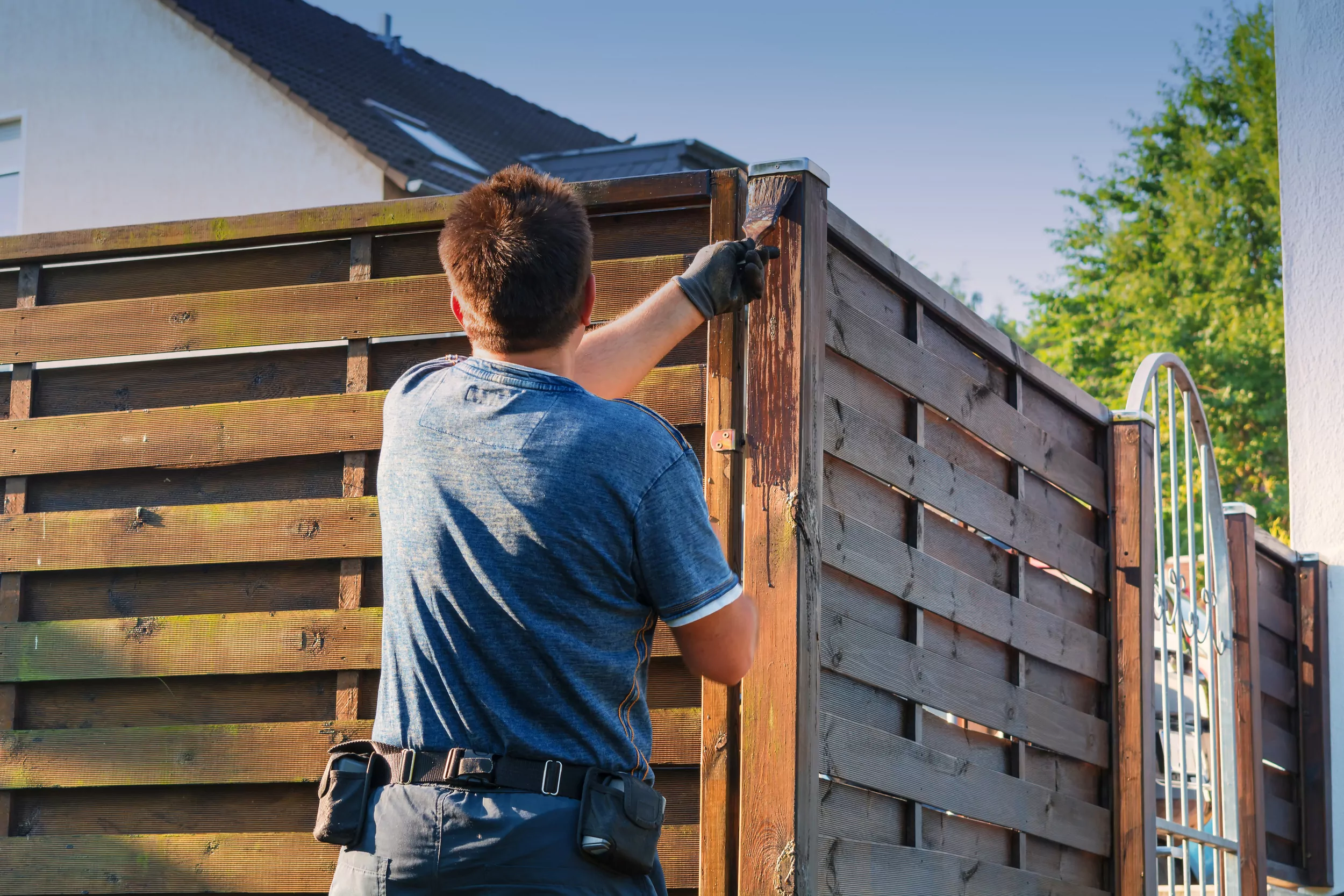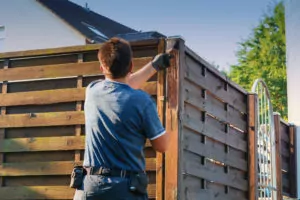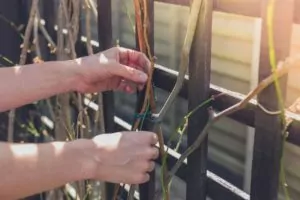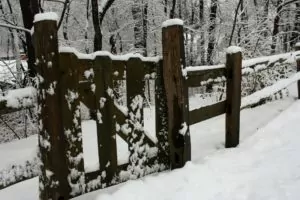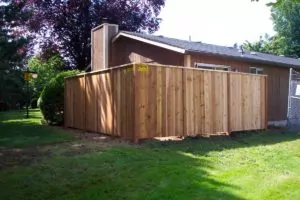If you’re considering wood fencing, you may be wondering about wood fence life expectancy.
Truth is, wooden fences, for all their remarkable attributes, do require a bit of a tradeoff in terms of longevity and maintenance compared to other fencing materials, such as vinyl, aluminum, or chain link.
It’s definitely worth it, though. There’s really nothing like natural wood fencing. It’s elegant, classic, stylish, and provides an almost magical element of beauty to any property.
Pacific Fence & Wire: Your Portland Wood Fence Experts
Pacific Fence & Wire has been helping people for almost 100 years. If you’ve got your heart set on a wooden fence, then we can assist you in finding the right one for you, your family, and your property.
And please keep this in mind: Although there are lots of questions to be asked and answers to be sought when it comes to determining the right wooden fence for you, we promise the process will be fun!
We’re sure you’ve already imagined what your wonderful new wooden fence will look like around your property. Well, PF&W is here to help you harness that imagination and turn your wooden fence dreams into wooden fence reality!
Life Expectancy Of Wooden Fencing
Right off the bat, we should mention that here in the wet, windy, and wintery Pacific Northwest, wooden fences simply don’t last as long as they might in climates that are less damp.
When properly maintained — which includes replacing individual planks and boards as needed — a well-built wooden fence can last in good condition up to 20 years or more.
There is that tradeoff we mentioned, though: A wood fence needs regular care; otherwise, if it’s left to rot, then it’s gonna, well, rot!
Compared to other fencing options, such as vinyl fencing, wood is unlikely to last as long or be as durable. Wood fences can rot, warp, sag, and crack over time, especially during long periods of inclement weather. (In other words, during eight months out of the year in Western Oregon!) Wooden fences are also susceptible to insect infestations.
Wood Fence Maintenance
There are plenty of ways to hold off the ravages of weather and time, though.
Most wood fences are constructed with cedar or redwood, two species that are typically more resistant to decay than other types of lumber. That’s why those are two of the most commonly used wood species for fences.
In addition to the type of wood, it’s also important to make sure the fence isn’t susceptible to uprooting from nearby tree systems. There shouldn’t be any vines dangling over it, either. Although they make for a pretty fence and tremendous curb appeal, bushes and vines can also contribute to rot and degradation.
Pressure-treated wood can help extend the life and longevity of your fence. Occasional applications of wood sealants and wood preservatives are also helpful.
Annual Maintenance
Once a year, property owners should examine the fence from beginning to end. This helps identify problems before they get out of hand. Inspections should include not just the wood itself, but also the nails and screws that hold it together.
Fence posts should also be checked to make sure they’re still securely rooted in the post holes and the ground. Portions of the fence that don’t touch the ground are less likely to develop rot and decay and other moisture-related problems.
It’s also a good idea to clean the fence thoroughly every few years and to stain and paint it at the same time. This will help preserve the integrity of the fence while maintaining its striking appearance.
Long story short: Proper maintenance goes a long way toward protecting your wooden fence for 10 years, 15 years, or even 40 years!
Questions? Comments? Get in touch with Pacific Fence & Wire today! Family-owned and operated since 1921, we’re happy to help. We look forward to building a long and lasting partnership with you.


